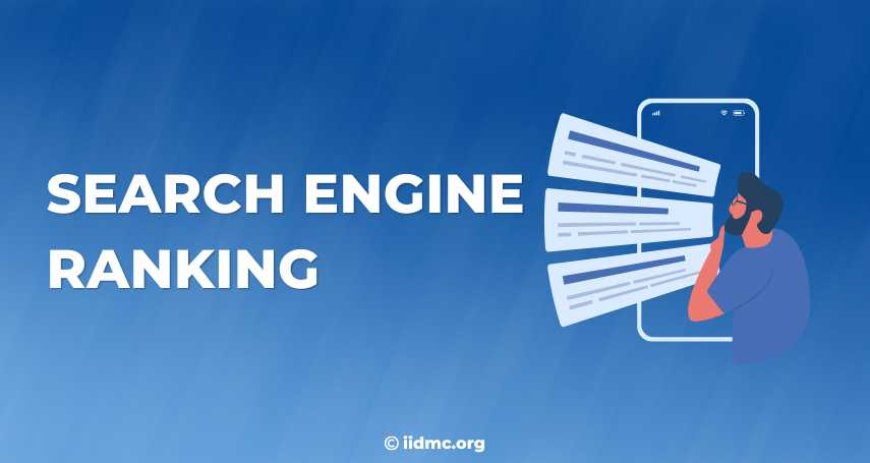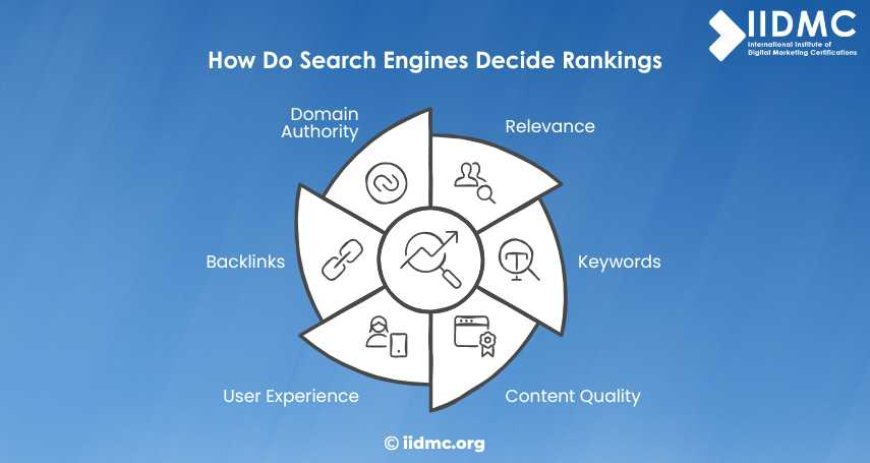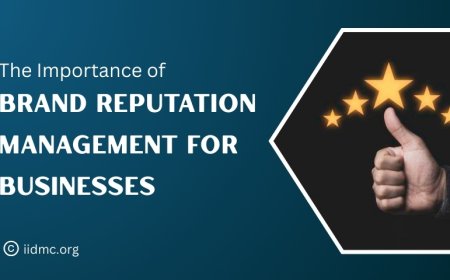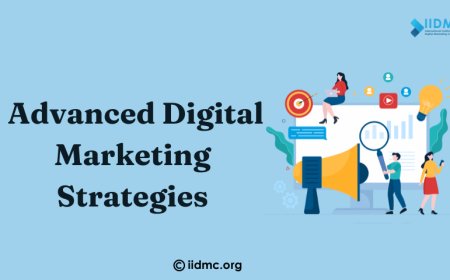What is Search Engine Ranking?
Learn what search engine ranking is, why it matters, and how to improve your website’s position in search results with easy steps and helpful tips.

When you search for something on Google, Bing, or any other search engine, you will see a list of web pages that match your search terms. Have you ever wondered, however, how those websites are selected and what gives one a higher ranking than another? Search engine ranking is relevant in this situation.
My own experience working on many websites and digital campaigns has shown me how much a higher position may affect exposure and traffic. I'll explain its significance and its operation. Additionally, I'll analyze the elements that affect ranking and share tips that have improved my website's placement in search results.
What is a Search Engine?
Let's quickly review what a search engine is before discussing this.
One tool that can help you in finding information on the internet is a search engine. Among the most widely used search engines are DuckDuckGo, Yahoo, Bing, and Google. The search engine displays a list of websites that it believes are most relevant to your query when you type in a word or phrase.
What is Search Engine Ranking?
It refers to the position of a web page in the list of search results. For example, if you search for "best restaurants in California" and a particular website appears first, that site holds the #1 ranking for that search term.
The higher your website ranks, the more likely people will click on it. Most people click on the first few results and rarely go to the second or third page.
Why is Search Engine Ranking Important?
It is crucial because it affects how many people visit your website. Here’s why it matters:
-
More Visibility: Higher ranking means more people see your website.
-
More Traffic: If your site appears on the first page, especially in the top three positions, you are more likely to get clicks.
-
More Trust: People tend to trust websites that appear at the top.
-
Better Business: More visitors can mean more customers, sales, or engagement.
In short, good ranking can help grow your online presence and business.
How Do Search Engines Decide Rankings?
Search engines use complex algorithms to rank web pages. These algorithms look at many factors to decide which pages should appear first. Some of these factors include:

1. Relevance
Does your website content match what the user is searching for? The more relevant your content is to a search term, the higher your page will rank.
2. Keywords
Keywords are the words or phrases that people type into search engines. If your website includes the right keywords, especially in titles, headings, and throughout the text, your chances of ranking higher improve.
3. Content Quality
Search engines want to give users the best information. So, your content should be helpful, clear, and well-written. Avoid copying content from other websites.
4. User Experience
This includes how fast your website loads, how easy it is to navigate, and whether it works well on mobile devices. A good user experience helps improve rankings.
5. Backlinks
Backlinks are links from other websites that point to your site. When trustworthy sites link to you, search engines see your site as more valuable.
This is a score that shows how trustworthy and established your website is. Older, well-maintained websites with good content often have higher authority.
Types of Search Engine Results
There are two main types of search results:
1. Organic Results
These are natural results that appear because of the quality and relevance of a website’s content. You don't pay to appear here.
2. Paid Results (Ads)
Businesses purchase these advertisements to show up at the top or bottom of search results. They carry a small label such as "Ad."
Paid advertisements can increase traffic quickly, but organic results are more reliable and long-lasting.
What is SEO?
SEO stands for Search Engine Optimization. It is the process of improving your website so it ranks higher in search engine results.
SEO involves using the right keywords, writing great content, improving site speed, and getting backlinks, among other things.
Good SEO can help your website appear on the first page of Google, which means more visitors and better results for your goals.
How to Improve Your Search Engine Ranking
Improving your ranking takes time and effort. Here are some simple tips to get started:
1. Use the Right Keywords
Find out what your audience is searching for and use those keywords in your content. Tools like Google Keyword Planner can help.
2. Write Quality Content
Create helpful, engaging, and original content that answers your audience’s questions.
3. Optimize Page Titles and Headings
Include keywords in your page titles and headings so search engines understand what your page is about.
4. Make Your Website Mobile-Friendly
A responsive design ensures that your site looks good and works well on all devices, including phones and tablets.
5. Improve Page Speed
Faster websites provide a better experience. You can use tools like Google PageSpeed Insights to check and improve your site speed.
6. Get Backlinks
Reach out to other website owners or bloggers to get links to your content. Guest posting and collaborations can help.
7. Update Content Regularly
Keep your website fresh by updating old content and adding new information. Search engines prefer active websites.
How Long Does it Take to Rank?
SEO is a long-term solution. Results may not be seen for weeks or months, especially for new websites. Consistency and patience are important. Your efforts will eventually be rewarded.
Tools That Can Help
Here are some free and paid tools that can help you improve your search engine ranking:
-
Google Search Console: Monitor your website's performance in search results.
-
Google Analytics: Monitor site visitors and their actions.
-
For WordPress users, Yoast SEO: Assists with content optimization.
-
SEMrush and Ahrefs: Paid tools for performing thorough SEO analysis.
Common Mistakes to Avoid
Here are a few things that can hurt your rankings:
-
Using too many keywords (keyword stuffing).
-
Copying content from other sites.
-
Ignoring mobile optimization.
-
Having broken links or slow loading pages.
-
Buying fake backlinks.
Always focus on quality and user experience over trying to trick the search engines.
Making your website helpful and simple for people to locate when they search online is the key to improving your search engine rating. You may increase the exposure of your website and draw in more people by understanding how it operates and taking the appropriate actions.
Keep in mind that providing your audience with genuine value is more important than simply improving your ranking. Rankings will follow when you put people's needs first.





























